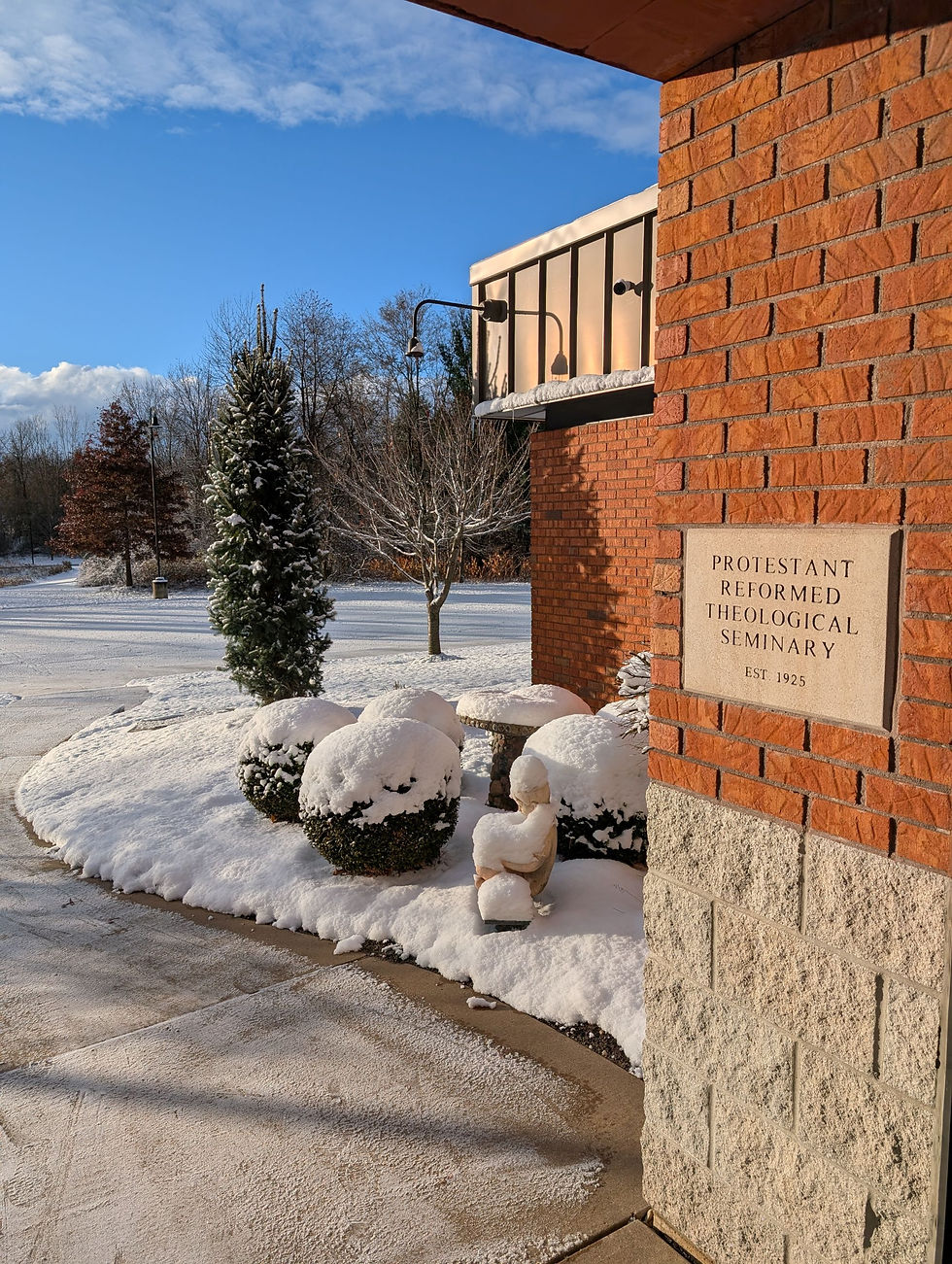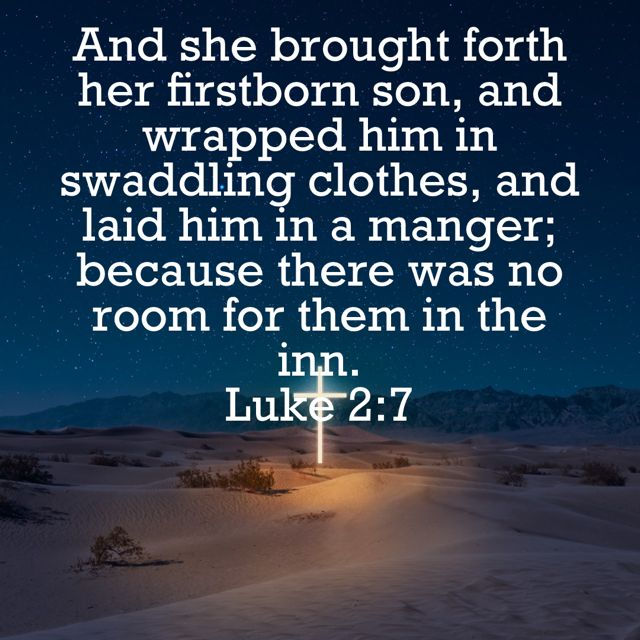Unconditional: William Ames and the Covenant of Grace
- prcseminary1925
- Dec 7, 2021
- 2 min read

A recent post at Reformation21 featured an article by Prof. Cory Griess, newly appointed Professor of Practical Theology and New Testament Studies in the PRTS. The article relates to some advanced degree work he is doing and focuses on the covenant theology of the Puritan William Ames (1576-1633), specifically the unconditional nature of God's covenant of grace with His people in Jesus Christ.
In this post we quote a few paragraphs from that article, encouraging you to read the rest of it at the link provided above.
"Ames believed the covenant of grace was not merely a means to an end, so that the covenant fell away once God’s people arrived in heaven, but rather as a bond with God it was an eternal reality that never ended. “The present covenant is everlasting, both in its own duration, since it admits of no end or change in substance, and in its application, for the grace of this covenant continues forever with those who are once truly in it.”
This covenant of grace is unconditional, the opposite of the covenant of works which was conditional. “The old required perfect obedience to works to be performed by man of his own strength prior to the carrying out of the promise, which would then be in the form of a reward. But the present covenant requires no properly called or prior condition, but only a following or intermediate condition (and that to be given by grace as a means to grace), which is the proper nature of faith.”[14]
"Ames believed children of believers are included in this unconditional covenant. “The children of those believers who are in the church are to be counted with the believers as members of the church, 1 Cor. 7:14, Your children are holy. For they are partakers with their parents of the same covenant and profession.”[15] Ames also believed that baptism applied to infants was a wonderful testimony to the unconditional nature of the covenant. “The sign and seal were given to the children of believers before they could do anything or assent to anything. [Baptism] is rather a profound symbol of the very heart of the unconditional covenant of grace.”[16]
"According to Eusden, this unconditional covenant is the central and most important point in Ames’ theology. “Ames sees the unconditional covenant of grace as perhaps the single most important biblical teaching.” As one of the first in the Reformed tradition to make the covenant, and the unconditional covenant, so central and important in his theology, Ames stands as an important figure in the history of covenant theology."




Comments